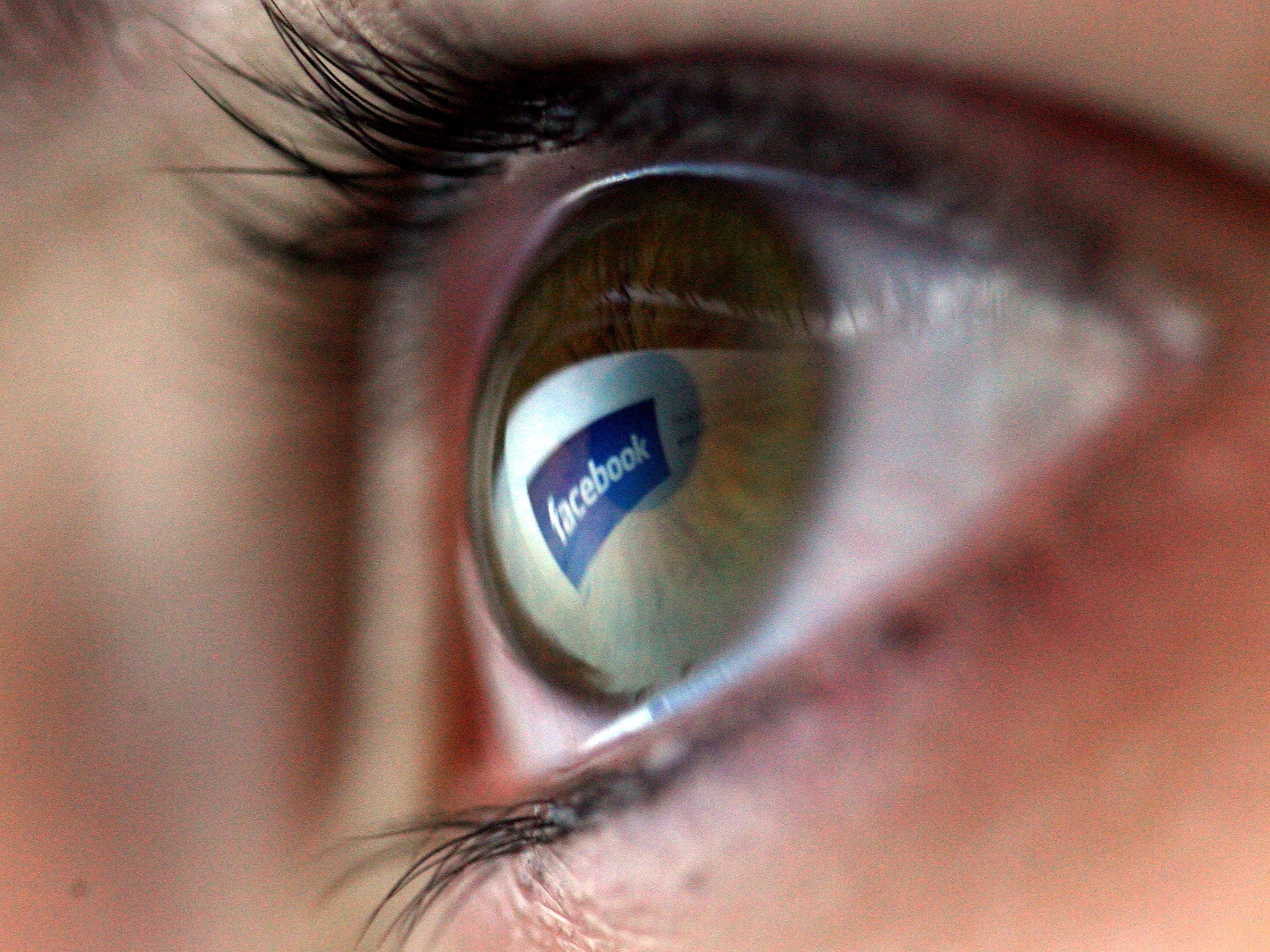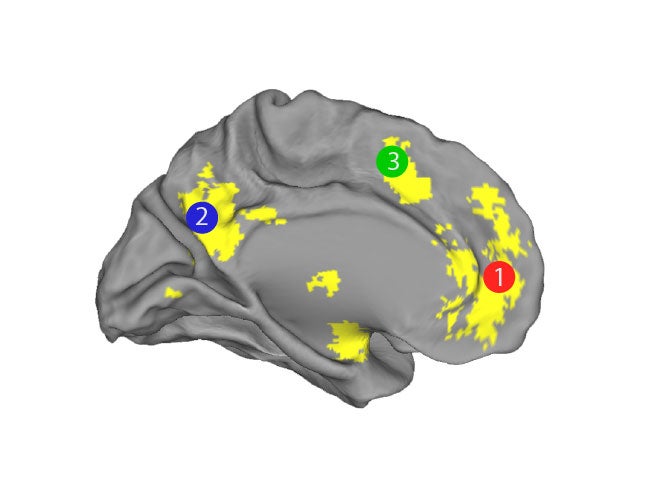The Independent's journalism is supported by our readers. When you purchase through links on our site, we may earn commission.
Facebook users who overshare may be ‘hard-wired’ to do so, scientists suggest
Scientists found that people who post on Facebook a lot have more activity in the regions of their brains responsible for disclosing information

Your support helps us to tell the story
From reproductive rights to climate change to Big Tech, The Independent is on the ground when the story is developing. Whether it's investigating the financials of Elon Musk's pro-Trump PAC or producing our latest documentary, 'The A Word', which shines a light on the American women fighting for reproductive rights, we know how important it is to parse out the facts from the messaging.
At such a critical moment in US history, we need reporters on the ground. Your donation allows us to keep sending journalists to speak to both sides of the story.
The Independent is trusted by Americans across the entire political spectrum. And unlike many other quality news outlets, we choose not to lock Americans out of our reporting and analysis with paywalls. We believe quality journalism should be available to everyone, paid for by those who can afford it.
Your support makes all the difference.If you've ever wondered why some of your Facebook friends constantly share everything, the answer may lie in their brains.
Through analysing the brains of 35 study participants, a team of researchers from Berlin's Freie Universität and the Max Planck Institute for Human Cognitive and Brain Science believe they have determined the network of brain regions involved with sharing personal information on Facebook.
Rather than simply being an annoying habit, they think online oversharing may be linked to greater activity in the region of the brain linked to self-cognition and self-disclosure.
All of the test subjects completed a questionnaire to determine how frequently each of them posted pictures of themselves, updated their profile information and updated their status.
The scientists then collected fMRI data from subjects while their minds were allowed to wander.
Through analysing the results, they found people who tended to share more about themselves had more numerous and stronger connections between the areas of their brains responsible for thinking about themselves and disclosing information.

Dr Dar Meshi, the lead author of the study, which was recently published in the open-access journal Scientific Reports, said: "Human beings like to share information about themselves, and in today's world, one way we're able to share self-related information is by using social media platforms like Facebook."
Even though some people think constant selfie-sharing is a symptom of our current obsession with social media, Dr Meshi said his team's study revealed a "network" of brain regions linked to the sharing of personal information on social media.
"These findings extend our present knowledge of functional brain connectivity, specifically linking brain regions previously established to function in self-referential cognition to regions indicated in the cognitive process of self-disclosure," he said.
Obviously, the brain is a hugely complex organ, and it's not accurate to definitively pin certain social behaviours to very specific phenomena in the brain.
However, the authors said the implications of their research are broad, and could lay the foundations for further scientific investigation into self-disclosure and social media.
Join our commenting forum
Join thought-provoking conversations, follow other Independent readers and see their replies
Comments